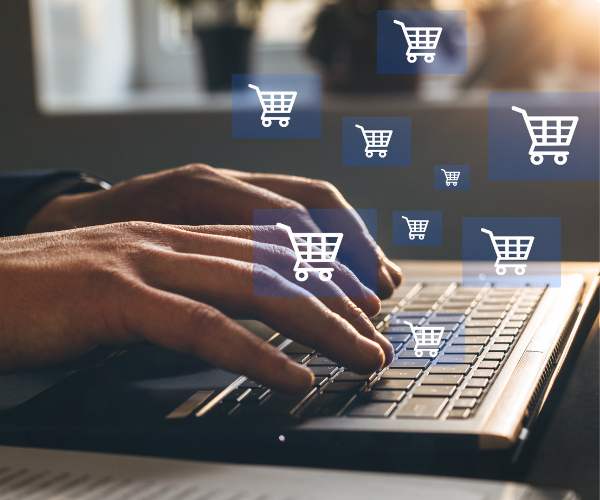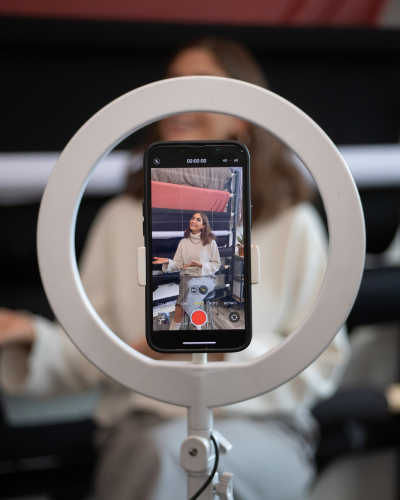Psychology Behind Impulse Purchases
Understanding Consumer Behaviour for Better Conversions
Understanding the psychology behind customers’ buying decisions gives you a significant edge over your competition, particularly with impulse purchases. You can use these insights to promote your brand and increase conversions in today’s market.
By knowing what goes through the mind of Canadian consumers during different buying stages, you can anticipate their behaviour and provide them with what they need, which builds your brand and secures customer loyalty in an increasingly competitive landscape.
Let’s explore a few psychological strategies to boost your sales in 2025.
The Psychology of Impulse Buying
We have all experienced moments where we promised ourselves no more unplanned spending only to see something appealing and immediately abandon our resolution. This reactive behaviour drives us to purchase items, often for the convenience or immediate satisfaction they offer.
Businesses can work with this natural human tendency to increase sales by promoting strategic impulse buying opportunities. One effective approach is using time-sensitive language in your advertisements that creates urgency and activates the customer’s fear of missing out (FOMO). This concern remains powerful in 2025, with social proof indicators and limited-time offers driving quick decisions across both physical and digital shopping environments.

The Power of Micro-Commitments
When we ask customers for small initial requests, they become more likely to agree to larger ones later. This “foot in the door technique” remains effective because each small agreement creates psychological momentum toward a purchase.
By encouraging potential customers to sign up for a free trial, download a resource, or join your newsletter, you establish a relationship that makes them more receptive to making a purchase. This graduated approach guides customers through the five key purchase stages: recognition, information search, alternative evaluation, investment, and post-purchase evaluation.

Visual Marketing in the Attention Economy
Our brains process visual information more efficiently than text, which explains why video content consistently outperforms text-only posts across all platforms. Within recent years, short videos have become the most popular content format across various audiences, highlighting their growing importance in digital communication.
Colour psychology continues to play a crucial role in purchasing decisions, with certain hues triggering specific emotional responses that can prompt impulse buying. The strategic use of trust-building language such as “guaranteed,” “certified,” and “genuine” creates immediate credibility with shoppers who have less time to conduct thorough research before making decisions.
Emotional Engagement and Community Building
Humans respond strongly to emotions like joy, anticipation, and excitement. The savvy marketer uses this by creating advertisements that stimulate positive emotional responses that favour their business and drive immediate action.
By making customers feel valued and empowered, you can motivate them to make purchases they might otherwise delay. Membership programs that offer special privileges and build community connections are particularly effective, as they satisfy both practical needs and deeper desires for belonging and recognition.
The Power of Social Proof in Digital Spaces
Consumers rely heavily on social validation before making purchases, creating new opportunities for triggering impulse buys. When shoppers see that others have purchased and enjoyed a product, they feel more confident making quick decisions without extensive research.
You can leverage this psychological trigger by prominently featuring customer reviews, user-generated content, and real-time purchase notifications across shopping platforms. Interactive elements showing how many people are viewing an item or how many units have sold in the past hour create a sense of collective approval that bypasses rational deliberation. Smart brands now integrate authentic social proof at key decision points in the buying journey, making customers feel part of a community rather than isolated in their purchasing choices.
Final word
Marketing success in 2025 depends on understanding customer psychology and the factors driving purchases in an increasingly complex marketplace. By thoughtfully applying these principles, you can ethically encourage impulse buying that benefits both your business and your customers. When implemented effectively, these strategies significantly increase sales, conversions, and your overall business performance.

